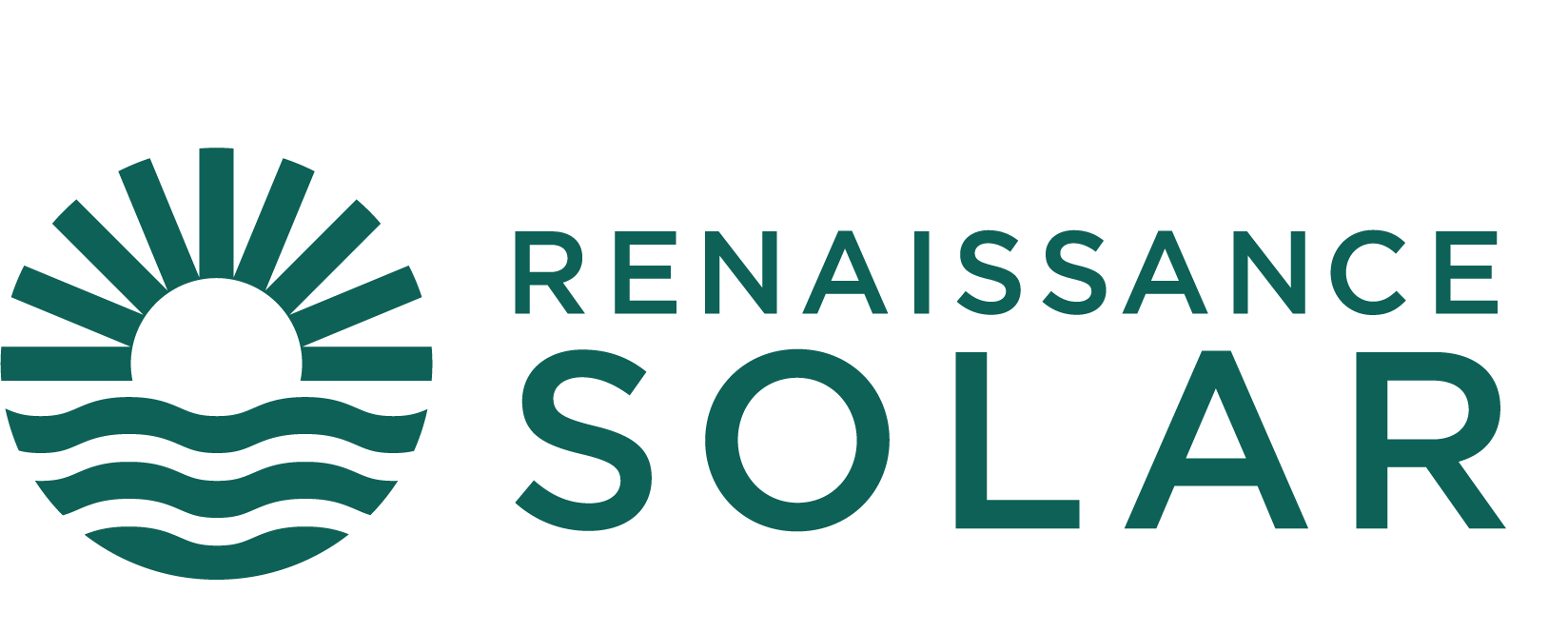The South African government, energy regulator, and Eskom have often faced criticism for not fully embracing solar power and storage solutions. However, a recent amendment to the Income Tax Act has brought about significant incentives for those considering solar panel installations. This policy change marks a turning point in the country’s approach to clean energy, making solar power more accessible and financially attractive than ever before.
Depreciation Deductions for Businesses
One of the most noteworthy changes introduced by this amendment is the ability for businesses to claim back the full cost of a grid-tied solar system in the year of commissioning. In other words, companies can now enjoy a 100% tax deduction for their solar installation expenses. This means that if your business generates taxable income, you can deduct the entire cost of your solar project against that income.
For VAT-registered businesses, there’s even more good news. You can also claim back the Value Added Tax (VAT) on your solar system, further reducing your upfront investment costs. This financial incentive not only promotes clean energy adoption but also helps businesses improve their bottom line while reducing their carbon footprint.
Residential Homeowners and the 25% Rebate
While the new incentives primarily target businesses, there’s also a silver lining for residential homeowners. Starting from March 1, 2023, individuals who install solar panels on their homes will be eligible for a 25% rebate on the cost of the panels. This rebate can amount to a maximum of R15,000 and can be claimed in the 2023/24 tax year.
It’s important to note that this rebate is available for one year only, so homeowners looking to take advantage of this opportunity should act promptly. While the incentive is not as generous as the one offered to businesses, it still presents a compelling reason for homeowners to invest in solar energy.
Making Financial Sense of Solar
With these incentives in place, going solar in South Africa has never made more financial sense. PV solar installations not only help reduce your electricity bills but also offer significant tax advantages, whether you are a business owner or a homeowner. Harnessing the sun’s power not only supports a more environmentally friendly future but also brings about cost savings and the possibility of earning from surplus energy production.
It’s worth mentioning that these incentives align with global efforts to combat climate change and promote sustainable energy sources. Solar energy not only reduces greenhouse gas emissions but also contributes to energy security and independence for South Africa.
In conclusion, the recent amendments to the Income Tax Act have ushered in an exciting era for solar energy adoption in South Africa. Businesses can now claim 100% of their solar installation costs as tax deductions, while homeowners can benefit from a 25% rebate, of up to R15,000.
These incentives are not only a win for your wallet but also for the environment. By investing in PV solar, you can play your part in South Africa’s transition to a cleaner and more sustainable energy future. Don’t miss out on this opportunity to embrace the power of the sun and secure a brighter tomorrow. Get in touch with Renaissance Solar for a free quote.
